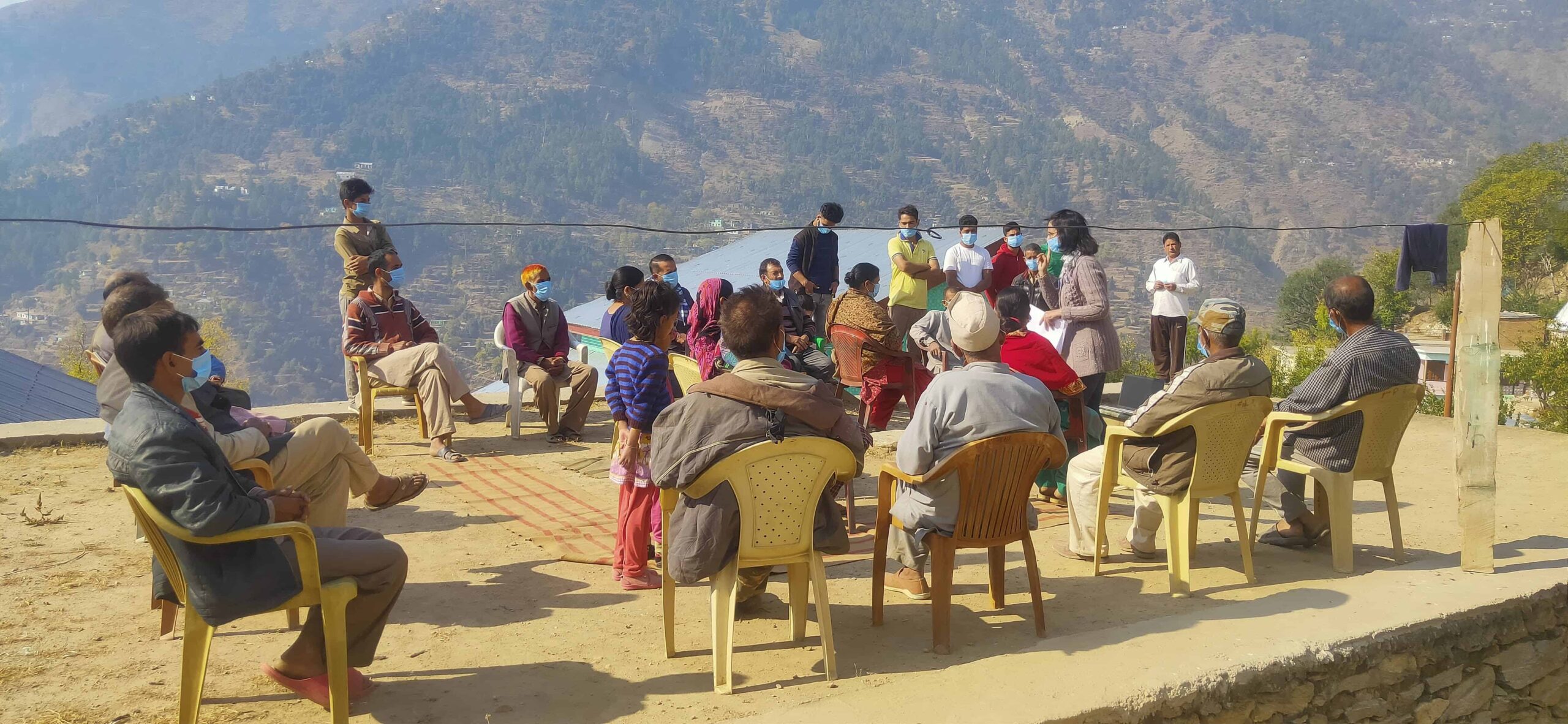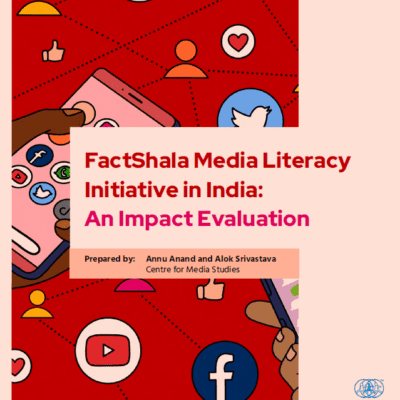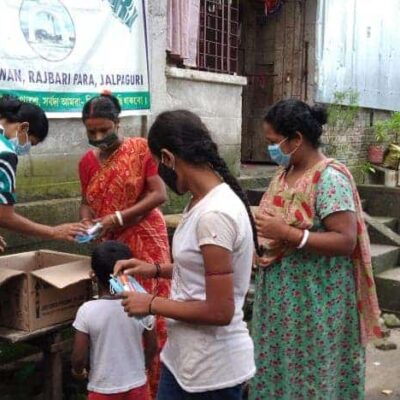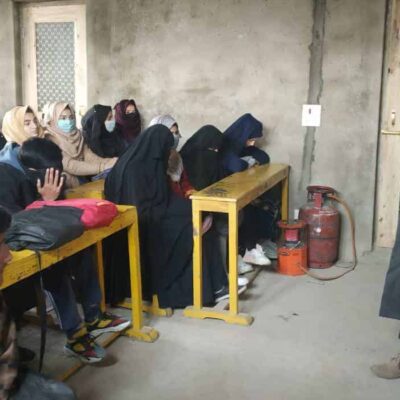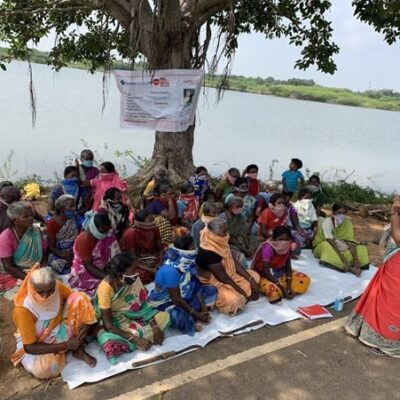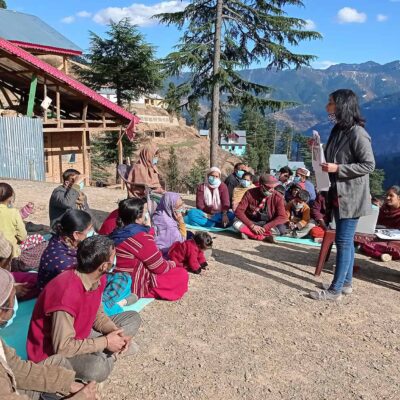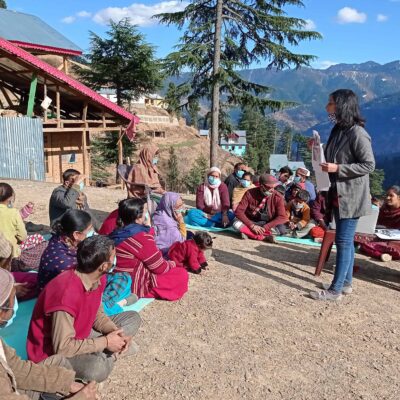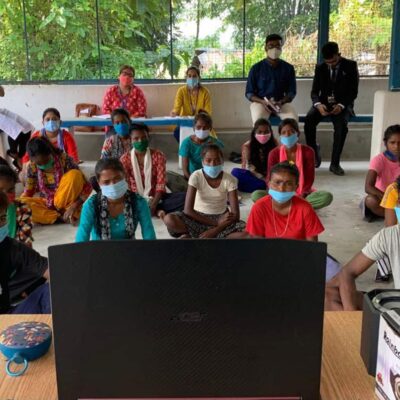A news and information literacy program in India
In 2020, Internews launched FactShala, a news and information literacy program to combat misinformation in India with funding support from Google.org and the Google News Initiative in collaboration with Dataleads.
The core training team comes from different states and speaks many different languages. Last year, amid the pandemic, the trainers organized over 900 trainings and reached more than 35,000 people from non-metro cities and remote areas in rural India.
Trainees included women’s self-help groups, aanganwadi (childcare) workers, community reporters, medical workers, farmers, refugees, LGBT community members, pensioners, housewives, environmental activists, tea garden workers, religious leaders, rural school and college teachers, and college students. They were taught how to identify and resist misinformation via training sessions held both online and in-person.
The sessions were held in over 10 languages or dialects and often in the comfort of the participants’ homes, schools, offices, and shops. Additionally, the 60 community radio stations that teamed up with FactShala created and broadcast a series of episodes on news and information literacy for their respective audience, and organized in-person group discussions in villages.
“Thanks to Factshala training by Rashmi Verma, I got to know that unlike what is claimed in many viral messages, COVID vaccinations do not have any harmful effects and that they were only false claims. Not only have I got fully vaccinated, but also convinced my friends, family and neighbours to see the truth behind these fake messages and encouraged them to take the vaccine.”
A women’s self-help group member from a village in Bhrambe, Jharkhand.
New Report: FactShala Impact Evaluation, February 2022
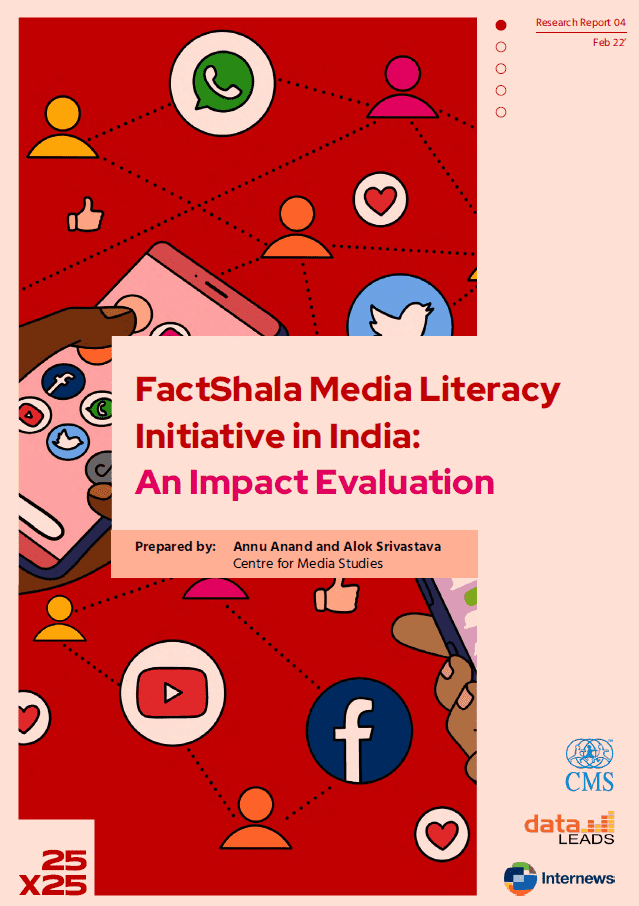
The findings of this impact assessment study of the FactShala training program highlight the importance and need of such training programs, especially with the expansion of social media penetrating into rural India day by day. The findings of the study indicate how the program has increased awareness of the participants related to the misinformation on digital platforms and how to identify and use it. It was found that participants of the training program developed critical thinking about online information they received and appreciate the need to check the same with trustworthy sources while exercising caution before sharing it with others. It shows that training is an appropriate and effective way to enhance literacy related to social media.
